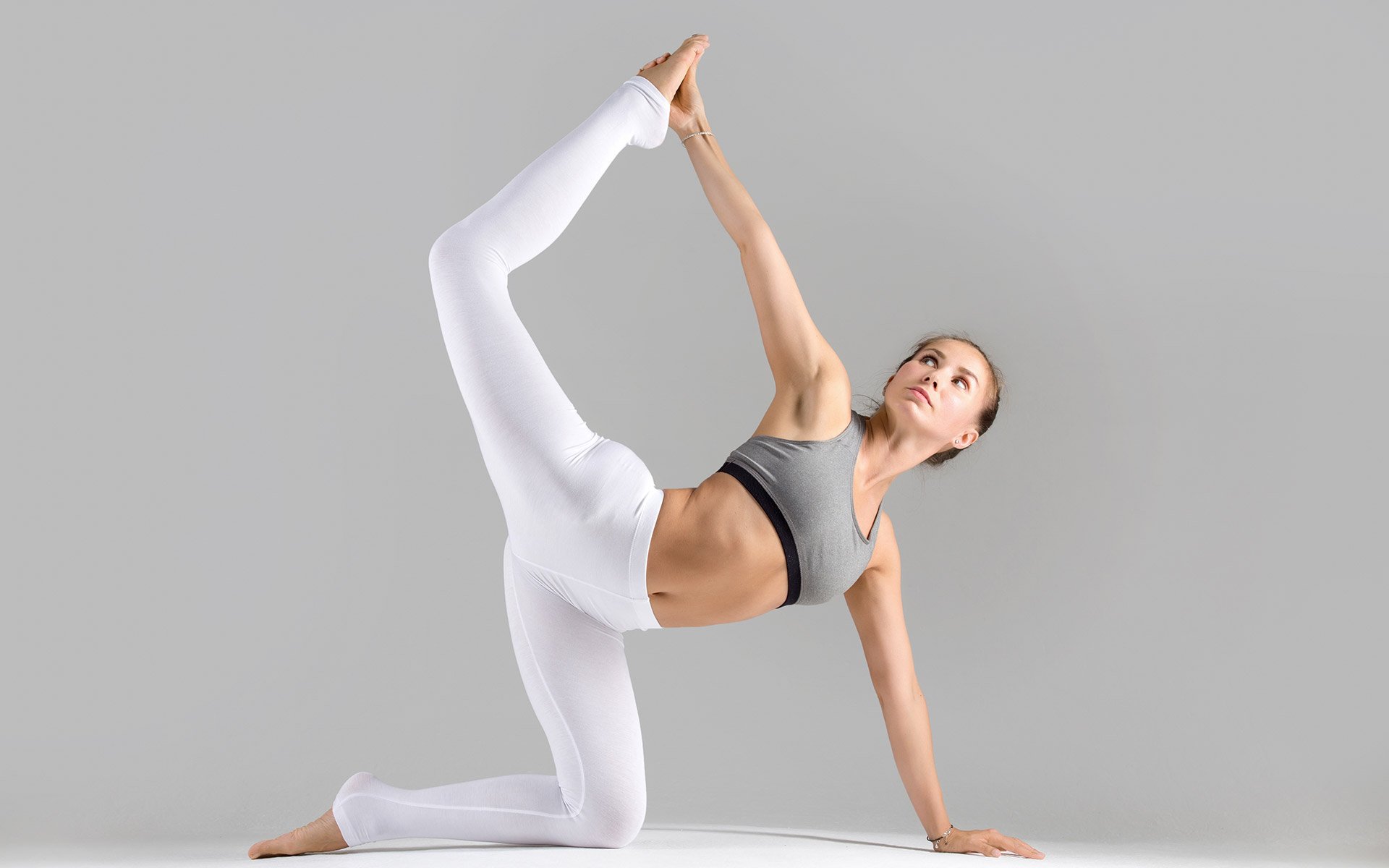In our quest for youthful and vibrant skin, we often overlook the power of natural remedies and holistic approaches. Face Yoga is transformative practice that combines facial exercises, massage techniques, acupressure and relaxation to enhance the health and appearance of our skin. Beyond skincare products and invasive procedures, face yoga offers a natural and effective way to rejuvenate and nourish our face.
- Toning and Strengthening Facial Muscles:
Similar to how physical exercise strengthens our body, face yoga targets the muscles in our face, helping to tone and tighten them. By engaging in specific facial exercises, such as cheek lifts, eyebrow raises, and jawline exercises, we can improve muscle tone, sculpt our features, and combat the effects of gravity. Regular practice of face yoga can lead to firmer and more defined facial contours. - Stimulating Blood Circulation to the Face:
Face yoga uses massage techniques that can help to improve the blood circulation to the face. Increased blood flow nourishes the skin with oxygen and nutrients while aiding in the removal of toxins. The enhanced circulation gives the skin a healthy glow and can reduce puffiness, dark circles, and signs of fatigue. - Boosts Collagen and Elasticity:
As we age, the production of collagen and elastin, the proteins responsible for maintaining the skin’s firmness and elasticity decreases. Face yoga stimulates collagen production, increases oxygen and blood flow helping to give a more youthful appearance. - Relaxation and Stress Reduction:
Stress and tension can manifest on our faces, contributing to frown lines, wrinkles, and a dull complexion. Face yoga incorporates relaxation techniques, deep breathing, and facial massages that release tension and promote relaxation. By incorporating these practices into our routine, we can reduce stress levels, restore balance, and experience a renewed sense of calmness, reflecting positively on our skin. - Enhanced Mind-Body Connection:
Face yoga is not only about physical exercises but also about cultivating a deeper connection between the mind and body. By focusing on the sensations and movements of our facial muscles, we become more attuned to our body’s needs. This increased awareness can extend beyond the practice of face yoga, leading to better overall self-care and healthier lifestyle choices.






